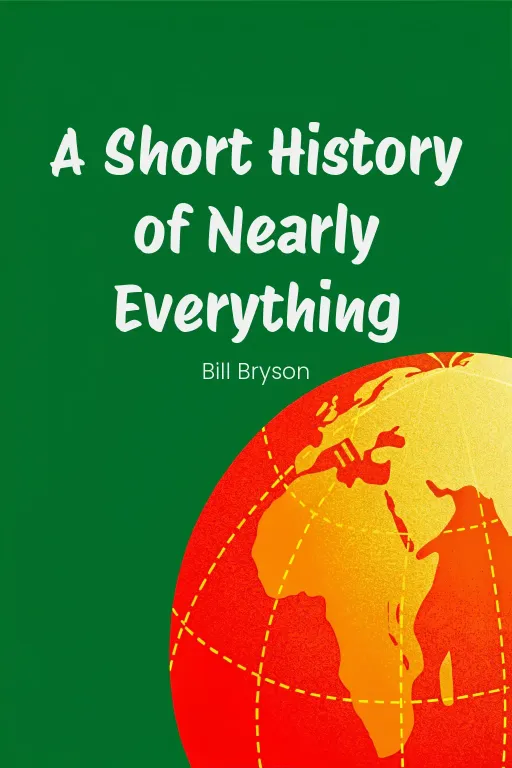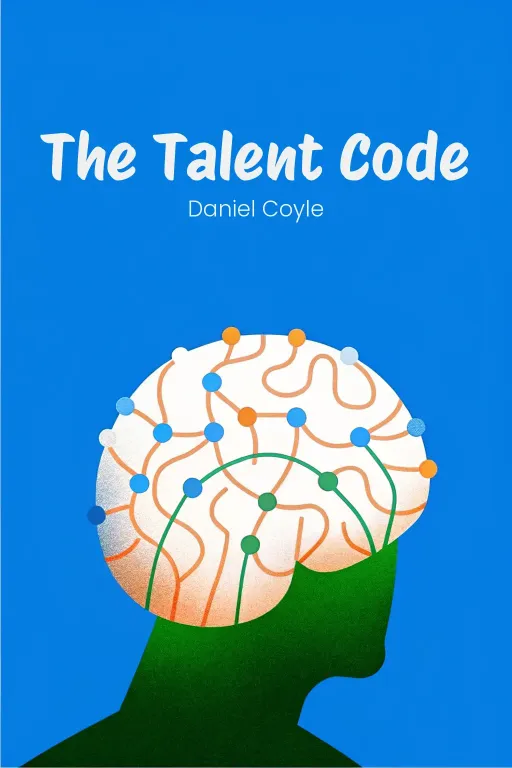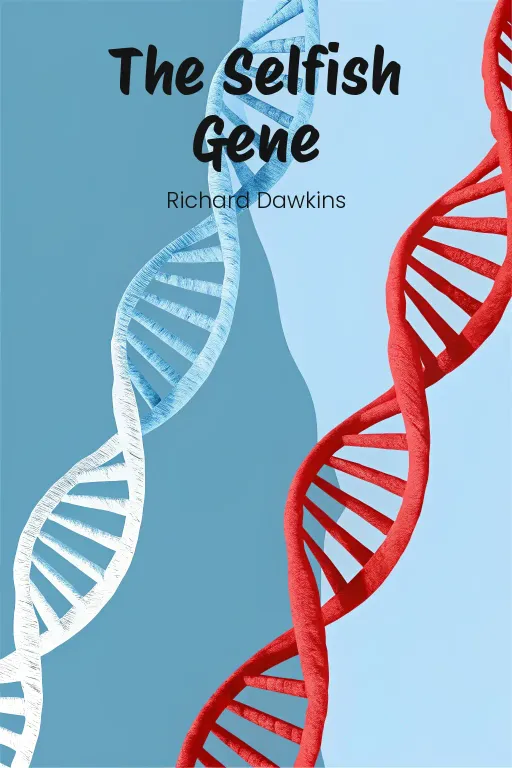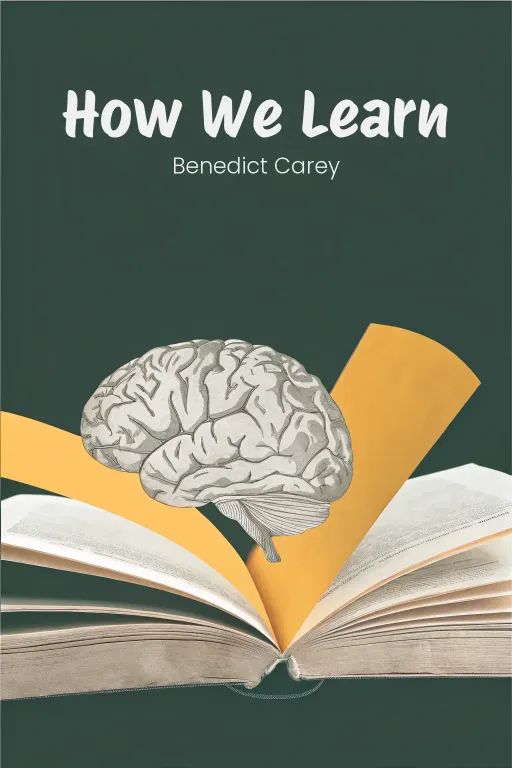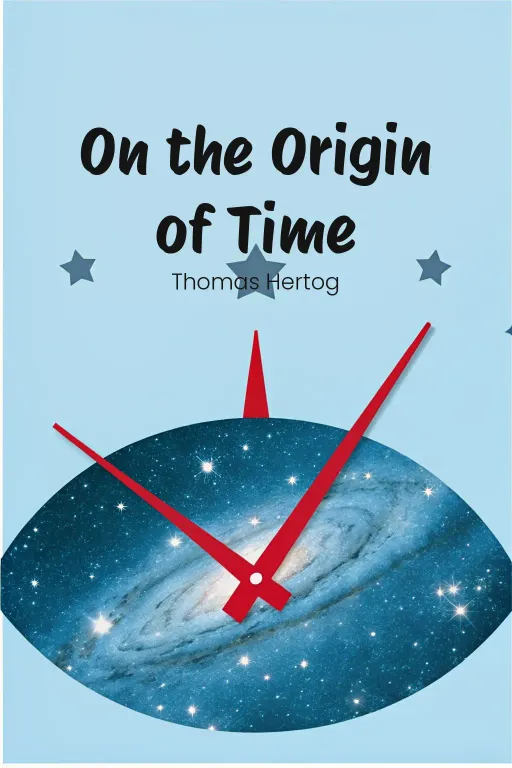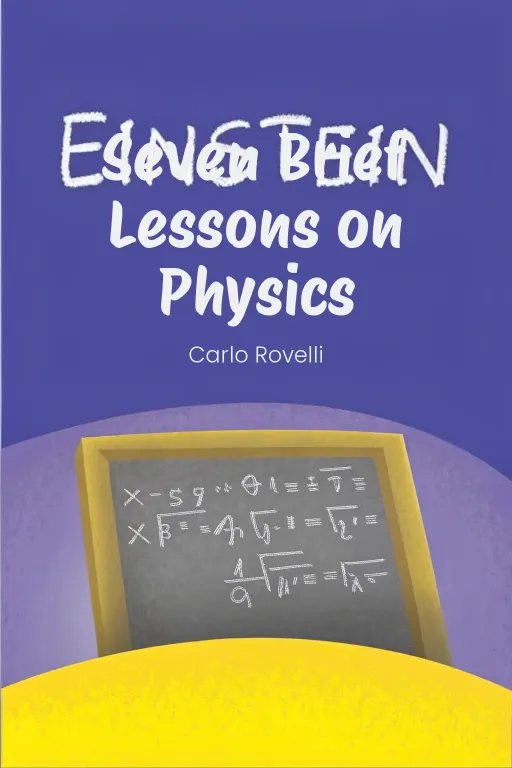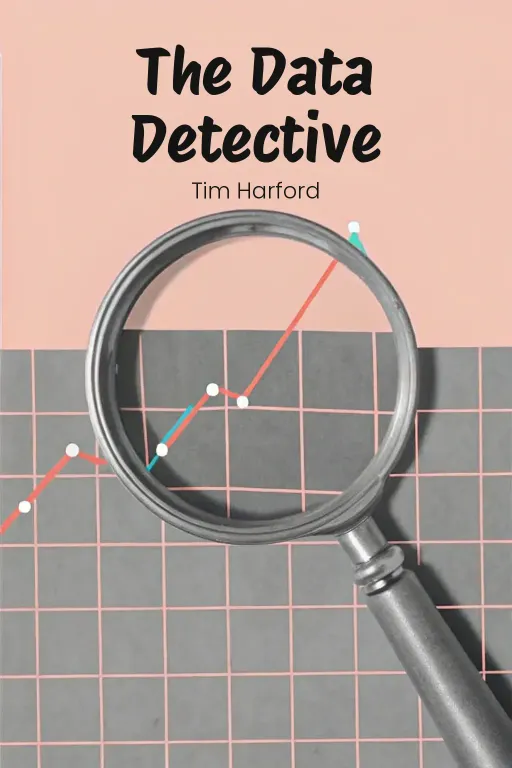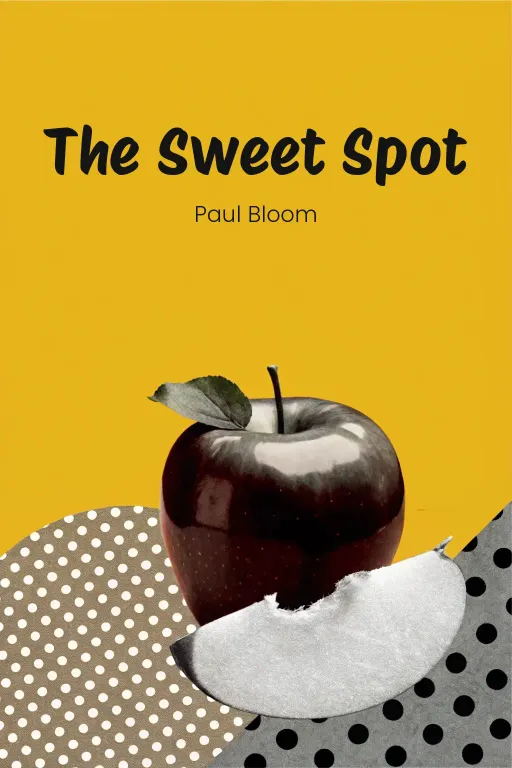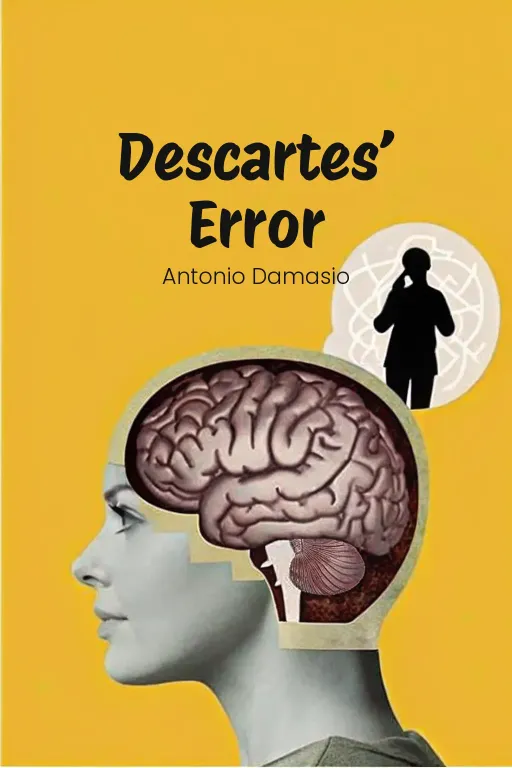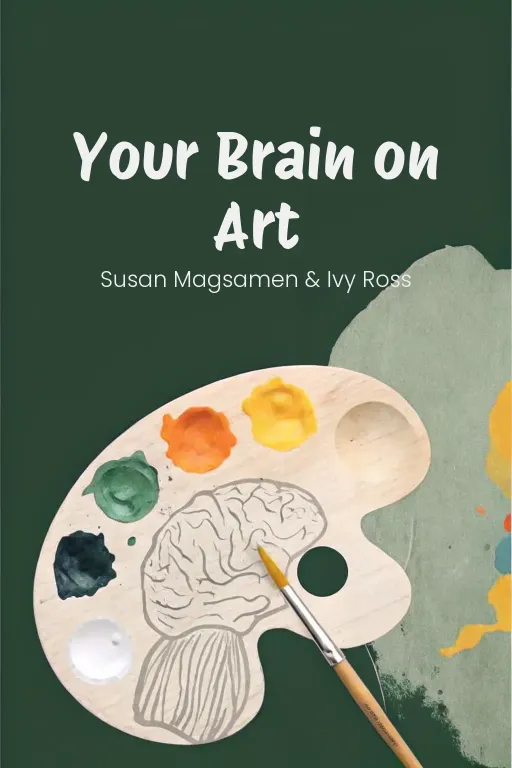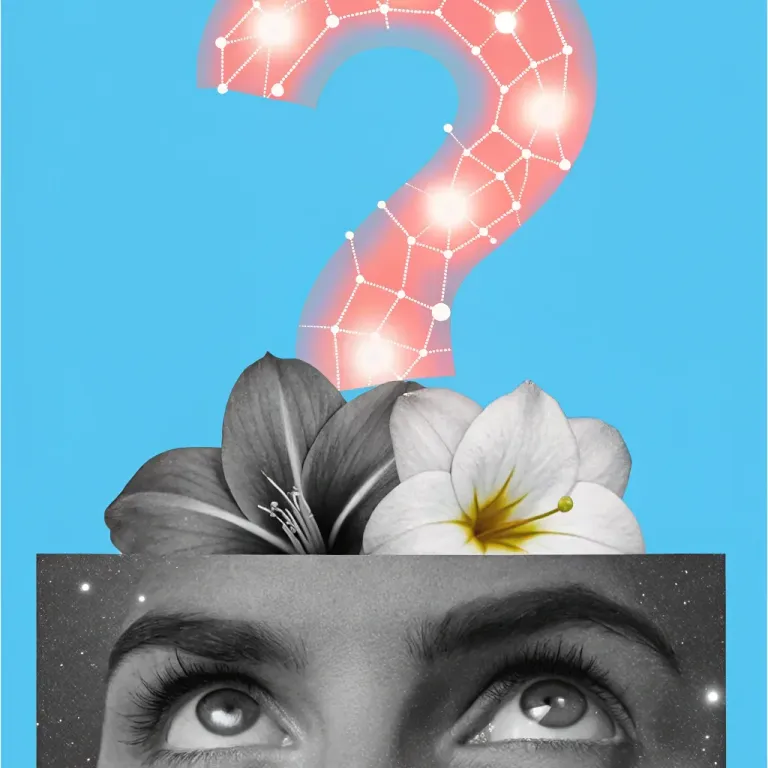
Your Questions Shape the Universe's History?!
Podcast by The Muse's Minute with Brian
Stephen Hawking's Final Theory
Your Questions Shape the Universe's History?!
Brian: What if the very questions we ask about the universe actually help create its history? It’s a wild thought, right? Welcome to The Muse's Minute. I'm Brian. Today, we're diving into Thomas Hertog's incredible book, "On the Origin of Time," sharing the final, mind-bending theory developed with the legendary Stephen Hawking. This isn't just physics; it's a radical rethinking of reality that puts our creative curiosity right at the center of the cosmos. Brian: The single most electrifying idea from Hawking’s final theory is this: cosmology might work "top-down." Instead of the past rigidly dictating the present, our present observations actually select a consistent history from a whole spectrum of quantum possibilities. Imagine the universe's past not as a fixed movie reel, but like a vast library holding countless potential film scripts. Our act of observing the universe now – the questions we ask, the measurements we take – is like choosing which script gets pulled from the shelf and becomes the "real" history leading to us. This completely flips our understanding! It suggests we aren't just passive discoverers of a pre-written cosmic story; our inquiry is fundamentally woven into how that story unfolds, making our perspective an active force. Brian: So how does this work? It starts with the weirdness of quantum mechanics – you know, where tiny particles can be in multiple places at once until we actually measure them? Observation forces a choice. Hawking and Hertog took this principle and scaled it way, way up, to the entire universe. They challenged the traditional idea of a single Big Bang event that rigidly determined everything that followed. Instead, they proposed the universe began in a state of quantum superposition – a haze of countless possible histories existing simultaneously. So, where do we fit in? Our present universe, with its specific physical laws, galaxies, and crucially, us here asking questions, acts like a filter. It selects only those past histories that are consistent with our existence and observations today. It’s a bit like solving a maze backwards; knowing the endpoint helps define the valid path to get there. Even everyday tech hints at this flexibility. Think about GPS on your phone – it only works accurately because it accounts for Einstein's relativity, proving time isn't absolute but can stretch and shrink. Hawking's 'top-down' idea suggests our observation now does something similar on a cosmic scale, retroactively solidifying one specific cosmic story from that quantum fog of possibilities. Our questions aren't just finding answers; they're participating in defining the history that led to them. Brian: What does this mean for us, right here, right now? The actionable spark is this: embrace the profound power of your questions. Recognize that the way you frame your inquiry doesn't just find answers – it can genuinely shape the reality you uncover and create. So, here’s a simple step: Next time you feel creatively stuck, consciously shift your questions. Instead of asking 'How do I fix this?', try asking, 'What other potential histories could lead here?' or 'What different starting points become possible if this is the outcome?' See what new pathways emerge. This cosmic perspective suggests your curiosity isn't trivial; it’s a fundamental creative force, actively participating in the unfolding of possibilities. Find your spark! This is Brian, and you've just found your spark on The Muse's Minute.
